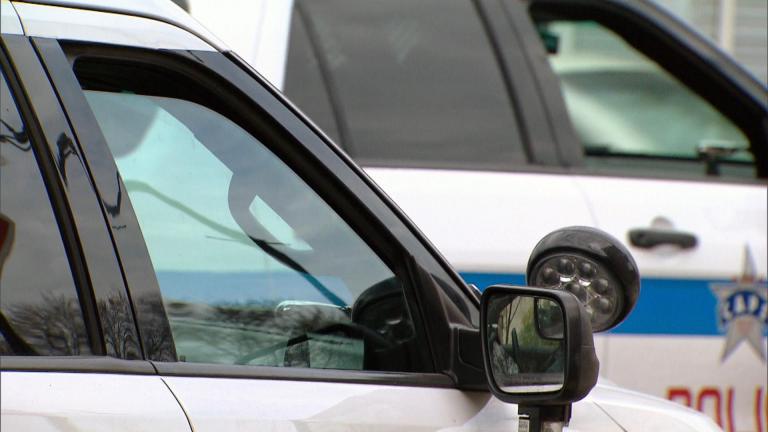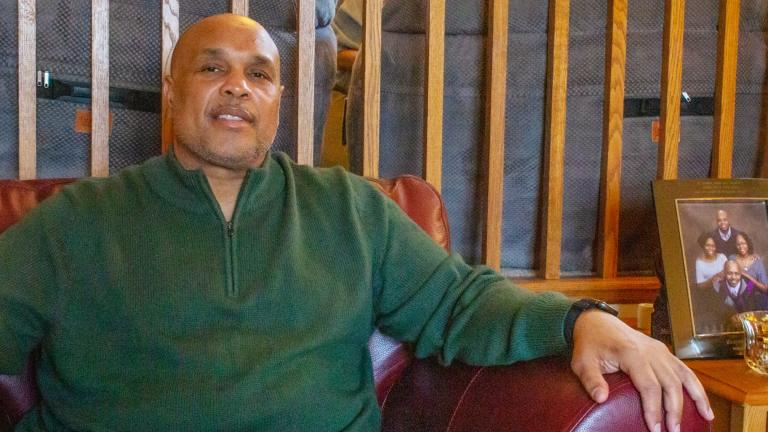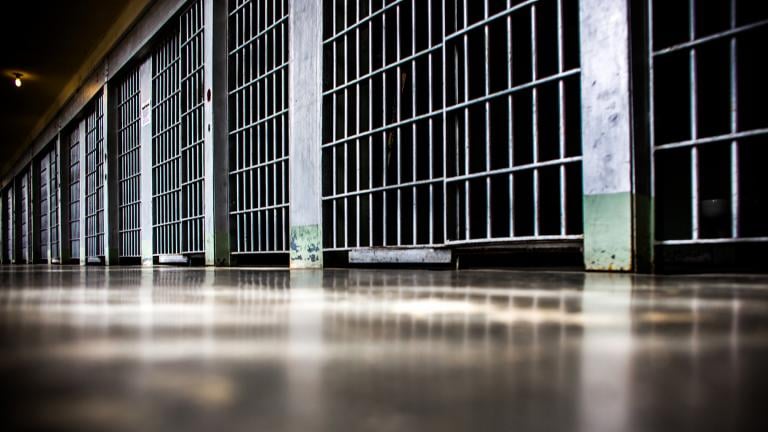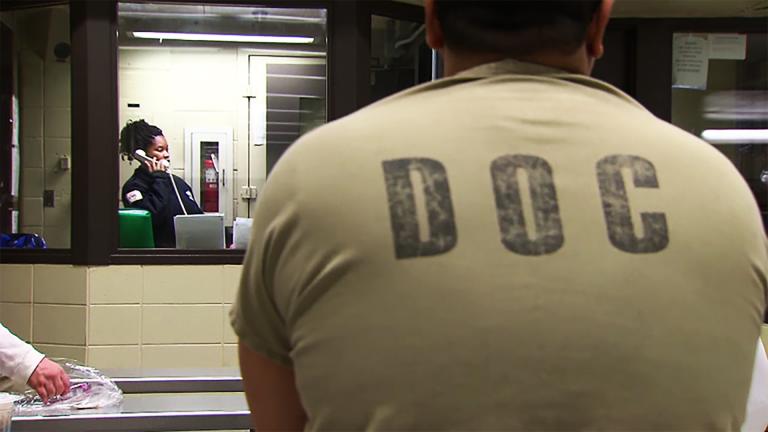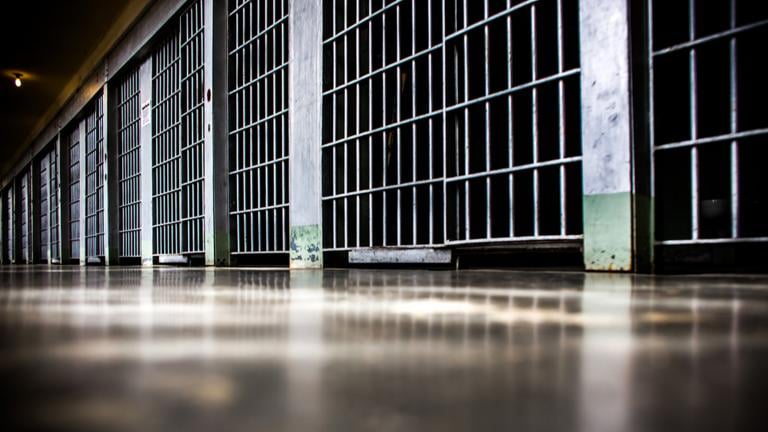The cost to taxpayers of the settlements approved without debate by the City Council on Wednesday is equivalent to more than a third of the city’s annual $82 million budget to cover the cost of police misconduct lawsuits.
National Registry of Exonerations
A new bill in the General Assembly would seek to remove the roughly $200,000 cap on payments to exonerees that maxes out at the 14-year mark, replacing it with a payout of $50,000 per year, capped at just over $2 million.
According to a new annual report from the University of Michigan-based National Registry of Exonerations, Illinois recorded 38 exonerations in 2021 — 20 more than any other state — marking the fourth consecutive year it has led the nation.
Of the 22 exonerations recorded in Illinois last year, the vast majority were drug possession or sale convictions tied to ex-Chicago police Sgt. Ronald Watts, according to a new report.
For the second year in a row, Illinois saw the highest number of criminal exonerations last year, and once again, that total was driven largely by false convictions tied to a corrupt former Chicago sergeant, according to a new report.
Nearly one out of every three criminal exonerations in the U.S. last year occurred in Illinois, according to a new report. Most of those cases stemmed from disgraced former police Sgt. Ronald Watts and his crew.
According to data from the National Registry of Exonerations, Illinois has a false confession rate more than three times higher than the national average. Is there “a culture in Chicago of solving cases by confession?”

